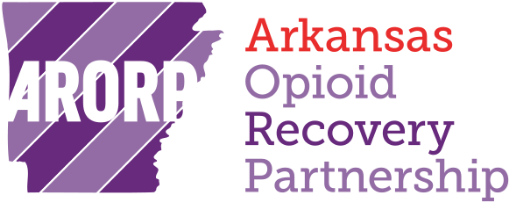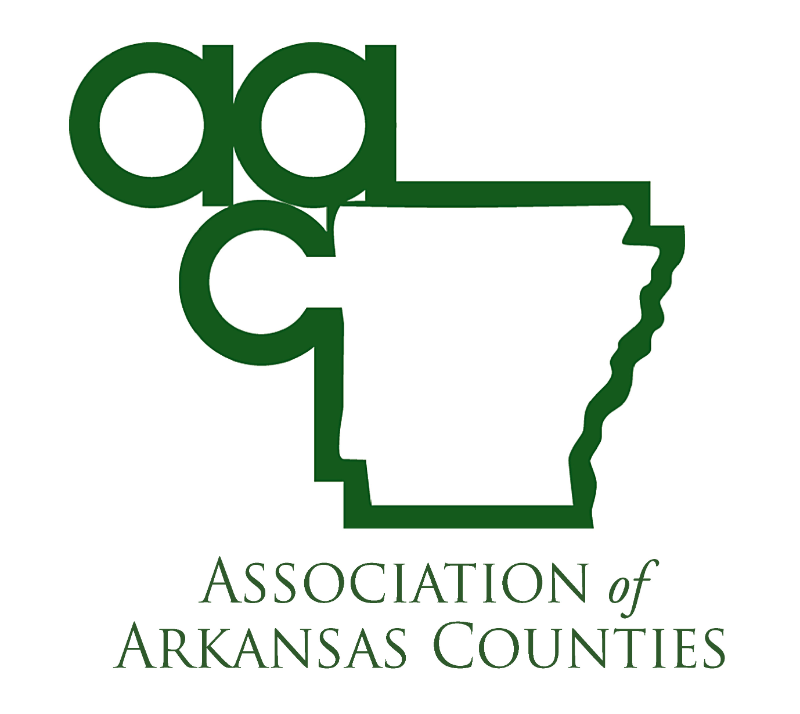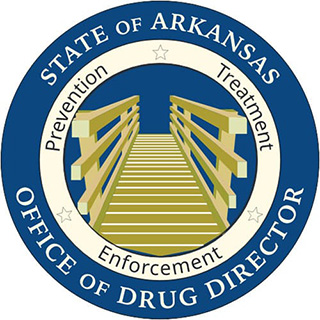LCS Program FAQ
Are the services of LCS billable and reimbursable for third-party payers such as Commercial Insurance, Medicare and Medicaid?
Right now, CWC does not have a billing code for the LCS services. This is something CWC is exploring and hopes to implement as the program grows but for now, we are primarily grant or hospital funded.
Can this position wear other hats in the organization? (ex. Behavioral health roles for inpatients or outpatients)
The LCSs primary goal should be to meet with patients and provide behavioral pain management interventions and opioid education, however, if there are additional opportunities for the LCS to engage with patients, family, or staff to provide wellness services, we welcome this so long as we are kept in the loop. The LCS can’t replace the need for a licensed mental health professional, but can provide behavioral health and mental wellness interventions when appropriate. The best results are achieved when CWC and the hospital partner to maximize the effective utilization of the LCS.
What providers would this position interface with? (ex. ER, PCP, Pain management, etc.)
The LCS should be engaged with the entire patient care team that serves the patients they see. A hospital assessment will be performed to determine likely areas and providers for the LCS to interface with, subject to variation based on actual volume and individual patient need.
This may differ depending on which types of patients the LCS sees at your health system. In our experience, the more engaged an LCS is with different types of clinicians, the better they can assist in supporting holistic patient care.
What all expenses are covered with this funding?
Currently all expenses covered are listed in the recommended budget.
Is the hospital responsible for providing health insurance/employee coverage?
Please see the sample budget for items that can be covered.
Do we have an average salary range for LCS’s in Arkansas? Or is it based on the salary ranges of the hospital applying for the grant?
The current salary allocated in the sample budget is $36,500 with a 5% increase for year two. This was decided based on an assessment of rural health systems in Arkansas.
Do we need to hire 2 full-time LCS, or only one?
It is CWC’s model to have two at each site, which facilitates more flexible coverage and support. If you are in a health system with multiple sites within the same or adjacent county, CWC can explore sharing two LCSs between sites but for the program to be successful, we prefer that each program start with two LCSs.
Does the LCS work 12-hour shifts or typical business hours?
Our current model is to have the LCS work typical 40-hour work weeks. Should your health system have different needs, a different work schedule can be explored.
How long does the training program last before the LCS is available to work within the health system?
An LCS can be trained fully within 6 weeks. CWC Alliance will guide each new LCS through our training program consisting of self-paced online modules accompanied by zoom training. This program takes about 4 weeks to complete. Following the completion of all necessary online training. Each LCS will spend 1 week of in-person clinical training at our training hub at Grady Memorial hospital in Atlanta, GA.
Following this, a CWC trainer will coordinate with your health system to spend up to 1 week at your site observing the trainee and completing the final components of the training program. Beyond this training program, CWC Alliance will work closely with each new LCS with regular interaction to ensure success in the role.
What does CWC’s ongoing support look like?
CWC will be managing the LCS on a weekly basis, which will include reporting and zoom meetings. CWC will also provide an LCS hotline for support.



